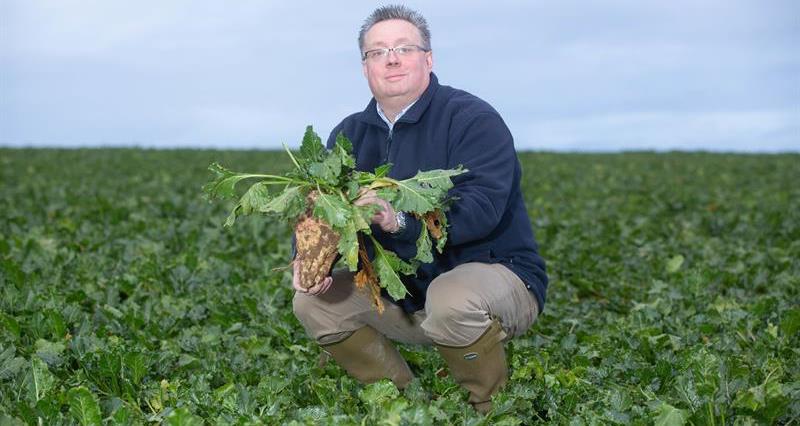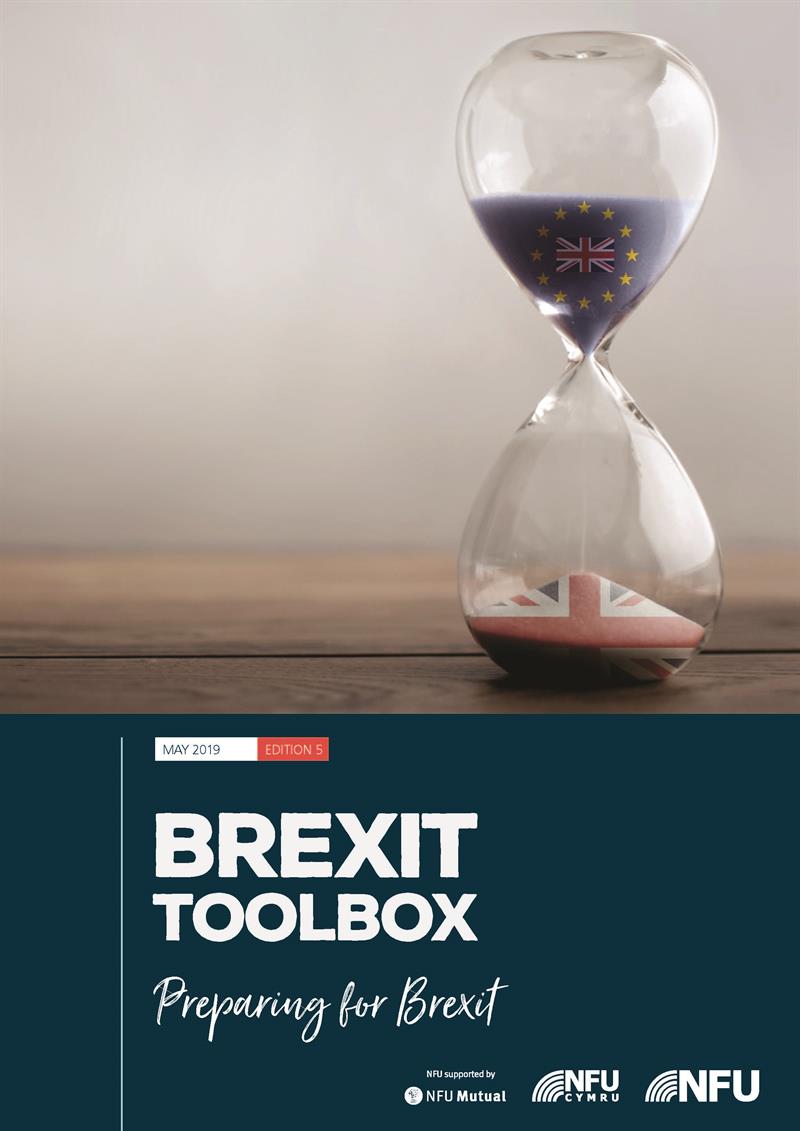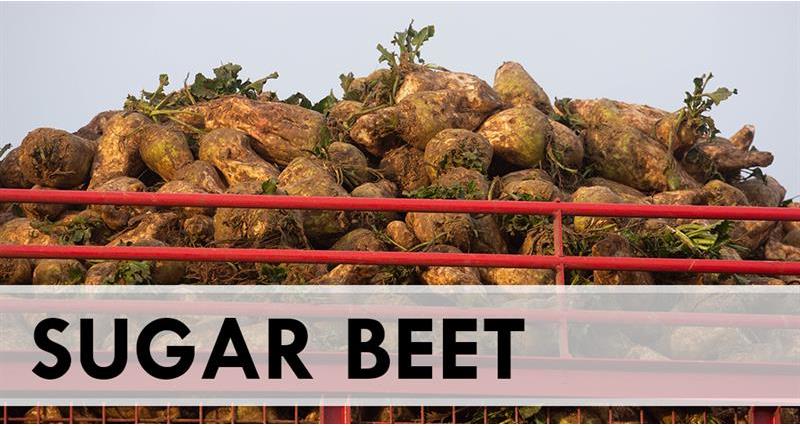A message from sugar board chairman Michael Sly

The UK Sugar sector has already experienced significant challenges over the last few years. The reduction in price following the liberalisation of the EU sugar market in 2017, and the increased disease risk following the loss of a number of seed treatments that have protected the developing crop for a generation have been difficult for growers to adapt to.
On the face of it, homegrown sugar is less affected by Brexit than the other commodity sectors. In a no-deal Brexit scenario, the UK Government is proposing to implement a tariff schedule that would mean each tonne of white sugar imported from the EU and most other nations would face the addition of a €150 per tonne tariff. However, the picture is a complex one, with a number of tariff-free exceptions for imports of cane sugar from less developed countries, and from African, Caribbean and Pacific Group States.
While it might appear that the government has afforded some protections to domestic sugar beet production, the 3,000 sugar beet growers in the UK are arable farmers growing beet in an arable rotation and their farm businesses will face many of the same challenges as Tom Bradshaw outlines on page 23. In summary, the no-deal Brexit advantages for sugar beet are significantly outweighed by disastrous consequences for arable farmers.
At a time of heightened concern about food miles and the environmental impact of our food, a no-deal Brexit will probably result in an increased use of cane sugar that will have travelled thousands of miles to reach the UK, and is likely to have been grown in countries that allow the use of plant protection products, which are not permitted for use by UK growers. In fact, all UK sugar beet is grown and certified to Red Tractor standards, and we are one of the most efficient producers of sugar in the world.
The need for certainty is acute. Growers plan their crop rotations (and where sugar beet may fit) many years in advance. This is difficult to do when we still have so little idea of what Brexit will look like.
The UK government can help by developing an appropriate system of farming support for the future. The NFU has been making the case for what is appropriate in meetings with MPs and Defra during the progress of the Agriculture Bill. Sugar beet productivity has increased significantly in recent decades, but the home grown sugar industry will need access to the best technology and plant breeding for this to continue into the future.
Top three needs for the sugar beet industry
Protect
The successful UK sugar beet sector needs protection through application of the UK Government’s proposed sugar tariff schedule, to ensure growers do not face the disastrous consequences of competition from lower-standard, cheap sugar on the global market.
Future support
The home grown sugar industry supplies around half of all white sugar consumed domestically. Imports of beet sugar from Europe and cane sugar from the rest of the world providing the rest. The UK government should ensure the Agriculture Bill creates the right farm support system that allows the highly efficient domestic sugar beet sector to have access to the best breeding and technology available. This will help ensure continued delivery of high-standard, low-mileage, and efficiently produced home grown sugar to meet domestic demand.
Green economy
The energy-rich sugar beet crop has the potential to grow its contribution to the green economy with its contribution to biofuel production, especially if the government introduced E10. Turn to the news pages to find out how you can email your MP to make the case
for this.

The NFU's Brexit Toolbox will aid you in setting out the situation and practical advice on preparing for both types of Brexit.
Download the Brexit Toolbox
Visit our No-deal Brexit and agriculture hub for all the latest information and resources to help you ensure that you understand the impact that a no-deal could have on your farming business.
